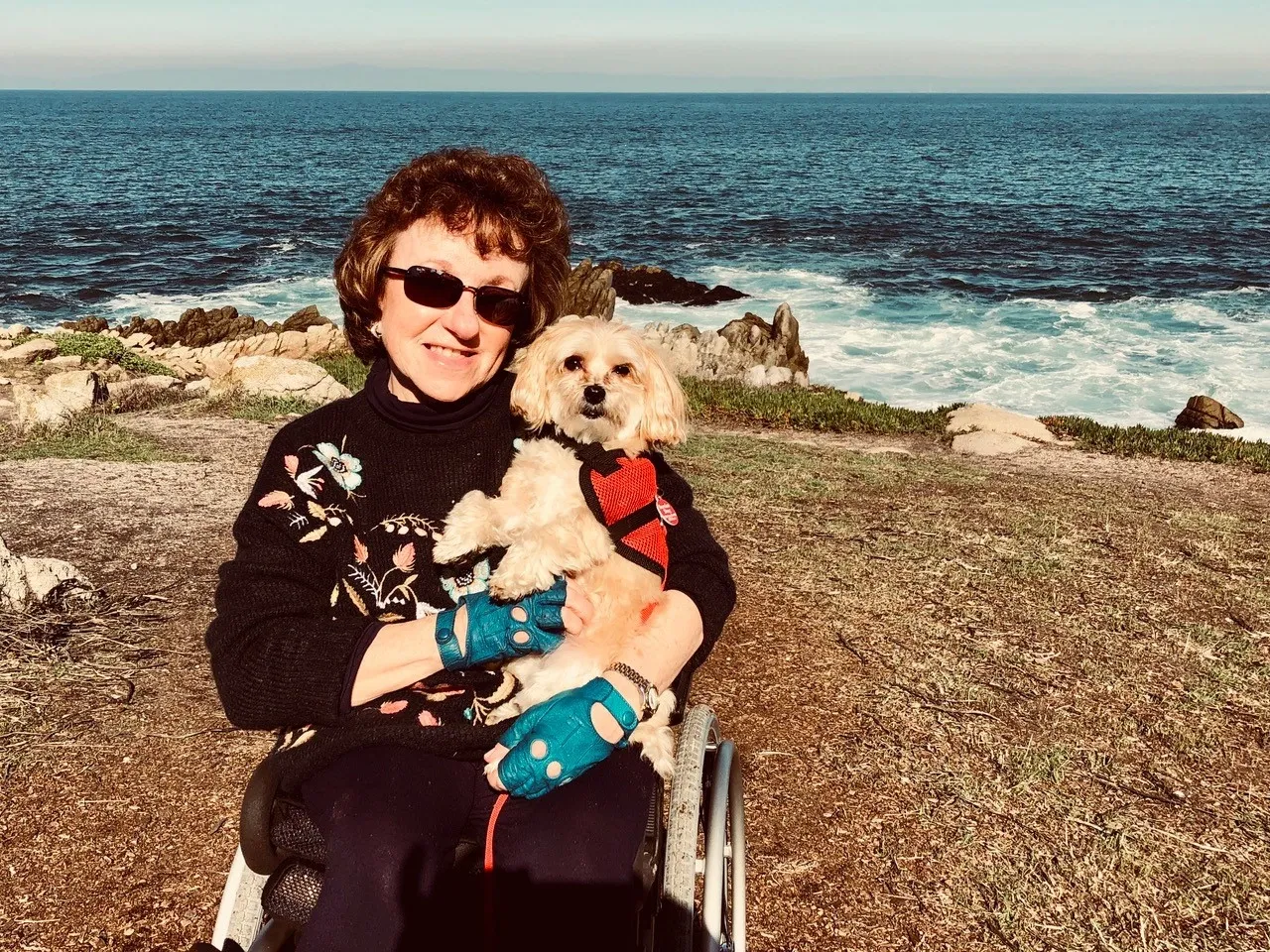Disclosing A Disability: The Endless Dilemma

Disclosing Your Non-Apparent Disability: What Will You Do?
By Deb Dagit , debdagitdiversity
“Not everything that is faced can be changed, but nothing can be changed until it is faced.” (James Baldwin)
As a person born with a genetic condition that causes brittle bones and short stature, being identified as a person with a disability was never optional. While I was perhaps precocious, (before I was old enough to have learned how to read, I could accurately explain my condition to a health care professional and how to treat a fracture), my small stature resulted in people thinking I was much younger than my actual age. Mind you, that didn’t happen once I was old enough to be a member of AARP.
I learned early in life how to turn awkward situations into teachable moments with family, peers and strangers with a practiced charm, and found being obviously different from others was both a headache and an asset. While I experienced ableism and subtle and obvious discrimination, I had the advantage of always being memorable. My frequent “incarcerations” for long stretches in the hospital were above all else boring and lonely, so whenever I had the chance to hang out with friends, go to school, or otherwise engage with the world, I put all that pent-up energy to good use, applying myself to get good grades, and setting my career sights on executive roles.
What I did not know and am now learning is that the privilege of getting older combined with a pre-existing disability almost always results in a whole new set of challenges. Gray hair can be colored, wrinkles and age spots can be covered, but what do you do when you need new accommodations for newly acquired conditions that are often non-apparent?
My first encounter with a non-apparent condition was hearing loss. It seemed pretty straight-forward to manage—get hearing aids. Unfortunately, they are incredibly expensive, don’t work that well for my type of hearing loss, and are for me pretty uncomfortable. I learned to tell people I was hard of hearing, ask people to use microphones, valued captioning, and got amplifiers for my phones.
The next challenge was Post Traumatic Stress (PTS). All the accumulated fractures, surgeries, and medical drama and pain took their toll. I began having recurring nightmares, started using a wheelchair or scooter to prevent injuries and maintain peak energy to work, and had to ask for medication to help with panic attacks when undergoing medical procedures. I also got a service dog to both alert me at night to things I could not hear and help prevent the reoccurrence of nightmares. While people are not supposed to ask why your service dog is needed, they often do. My husband began traveling with me for business to help with transporting the wheelchair, taking care of the dog and helping me to avoid injuries as much as possible, and get prompt and appropriate attention when they occurred. This meant clients were footing two plane tickets instead of one.
As time went by with all these new accommodations, I began to feel like I had a pretty good handle on disclosing my less visible disabilities and asking for what I needed to perform my job well. I thought I had mastered how to deal with physical and emotional fragility without it impacting my job. Then a different system in my body got my attention. I went in for a supposedly routine surgery to take care of a hernia and ended up with damage to my intestines. After the emergency follow-up surgeries, and ghastly treatments over five months for a range of complications that would be considered “too much information,” I came to understand I was entering a new territory. I had an unpredictable condition that required a disciplined diet and could still at any time require a trip to the ER. My PTS became amplified and at times all-consuming as what even doctors consider inhumane arcane treatments are all that is available if you experience a blockage because of internal scar tissue.
Now what do I ask for to continue to do the work I love? The easy part was requesting the food options, plus I could always bring something with me when going to a client site.
The hard part was maintaining others trust that I was still up to the job–that I would still be available when they needed something.; that I could take on that new client or next assignment; that I would deliver a high-impact presentation; that I could keep up, and that I was still contributing to my profession. What are the words for that kind of accommodation?
Research demonstrates that people with a broad range of disabilities are happier and stay healthier when they are able to remain engaged in their work. Dwelling on what has happened or might happen to your health is, well, not healthy. People with chronic conditions learn how to work effectively and efficiently between symptoms, and over time develop other coping strategies that help them stay on top of their game, especially if they love what they do, like I do.
I am sharing this to raise awareness, thank those who have continued to have faith in me, and ask that if you are in a position to work with someone with a disability, believe in their ability to effectively contribute. The greater your confidence in their ability to deliver, the more likely they will exceed your expectations. It is also kind of an insurance policy‑if you, too, have the privilege of getting older and aging into a disability, you will have helped to create an environment that people can not just survive but thrive— and likely will have learned some valuable disability management skills.
Deb Dagit
